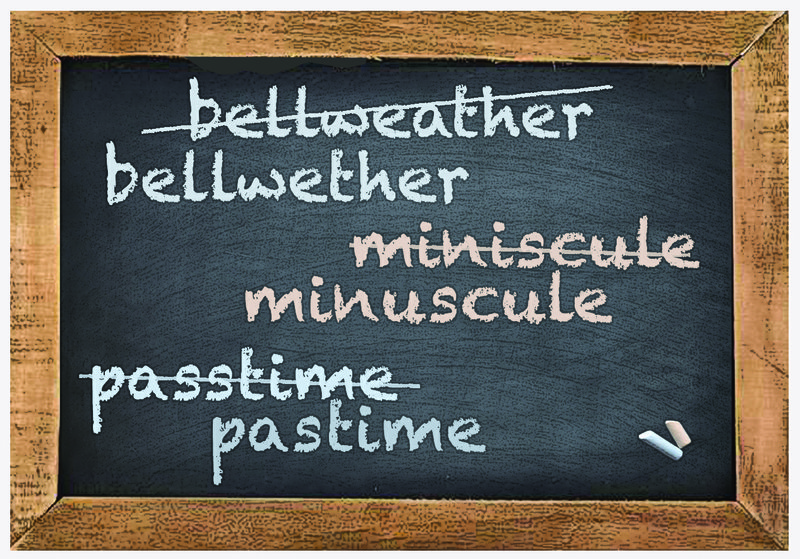A parenthetical phrase is the part of a sentence that gives you bonus information that is not essential to understanding the sentence's meaning.
Yes, it's a term that sounds deadly serious. It simply means it contains the words that could go in parentheses without your noticing. You can also call it a nonessential phrase.
She rammed the bicycle, which I just painted last week, into an open car door.
Edward's music was so loud, I heard later, that the neighbors called the police.
Delicate cookies aren't baked on only a cookie sheet, as sturdier cookies are, but also on parchment paper.
The words between the commas aren't needed.
My wife, Ethel, is fighting with Lucy right now.
While it may be rude for this husband to exclude his wife's name, the name is not needed. Under current U.S. law, the husband can have only one wife. So, in that context, the wife's name is not essential. His wife is his one and only wife.
I prefer to put parenthetical phrases inside commas. But some people use dashes.
Hot cocoa -- mint is the best flavor -- is perfect on a winter night.
Other people use parentheses to set off the phrases, though I rarely use them in formal writing.
I'll be at your house at 9 with bells on (if I can find them), so be ready.
YOU CAN'T BE TOO SURE
My friend Bill recently reminded me of words that are often spelled wrong because the incorrect spellings just look right. It's another mysterious aspect of the English language.
minuscule. It means tiny. So it seems that it should contain the letters for "mini," right? Nope, it comes from the Latin root minusculus, which means small.
pastime. What happened to the other "s"? Sports may be a favorite way to pass time, but pastime is spelled oddly.
consensus. This is an agreement among people. I always want to put the word "census" in there. But the root is "consent," not the population count.
memento. This is something that makes you remember certain occasions in your life. "Remember" is the root, not "moment."
bellwether. I have heard this word used only in the media, never in a conversation. It means one who takes the lead on something. It comes from a centuries-old practice of putting a bell on the lead sheep in the flock. A wether is a male sheep. I'm not certain whether this lead sheep is an elected official or appointed. Some people think the spelling is "bellweather," maybe because the bellwether, in a sense, is the forecaster or predictor of trends.
surfeit. This means an excess, and it breaks the rules to excess. We learn in school that it's "i before e, except after c," but not in this case.
inoculation. This shot given by medical personnel has only one "n" at the beginning, unlike innovate, innocent and innocuous.
Sources: grammarist.com, m-w.com, encyclo.co.uk, dailywritingtips.com
Reach Bernadette at
bkwordmonger@gmail.com
ActiveStyle on 04/17/2017
